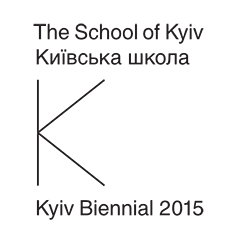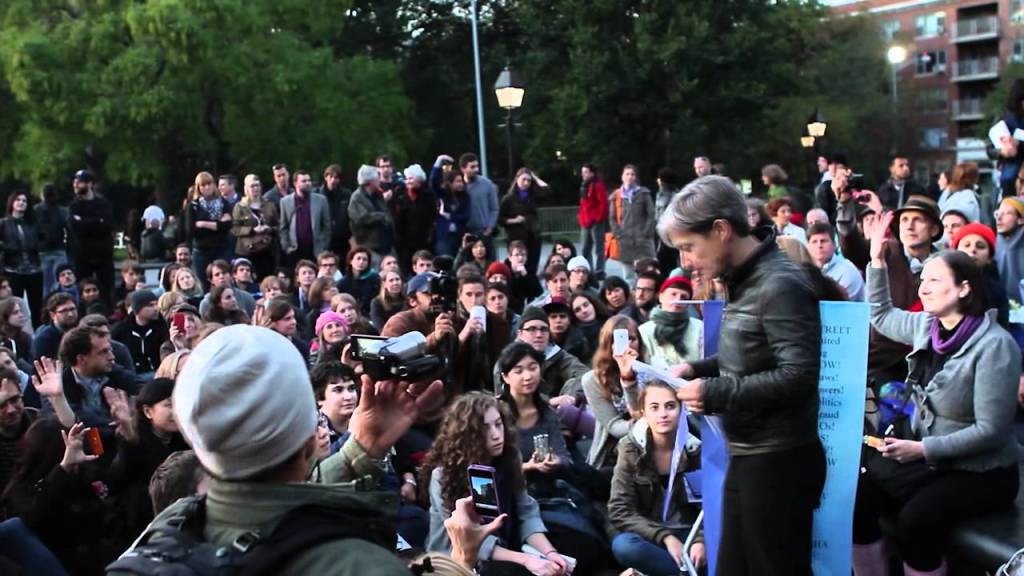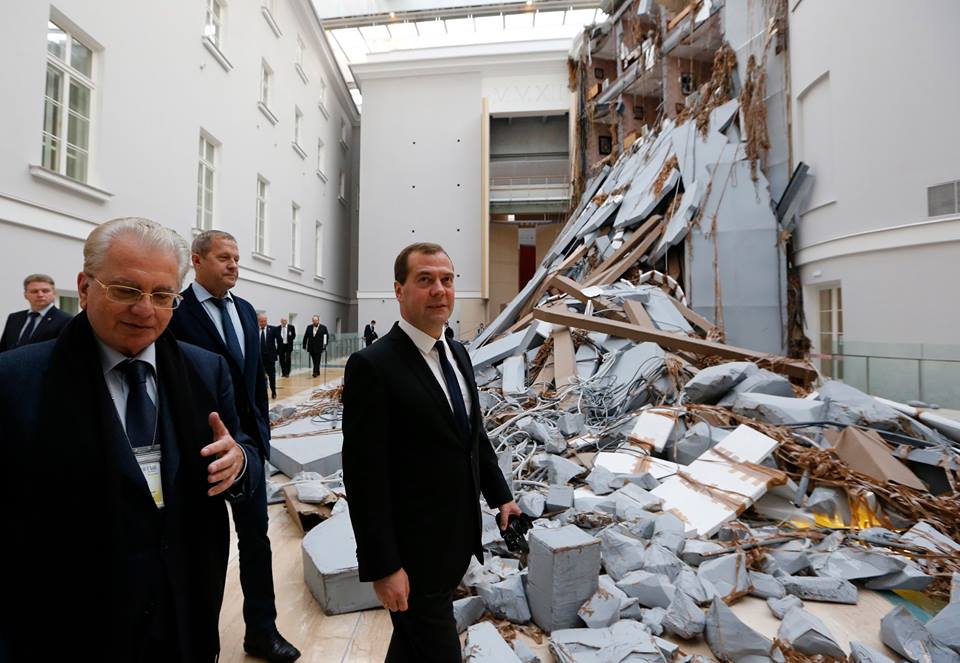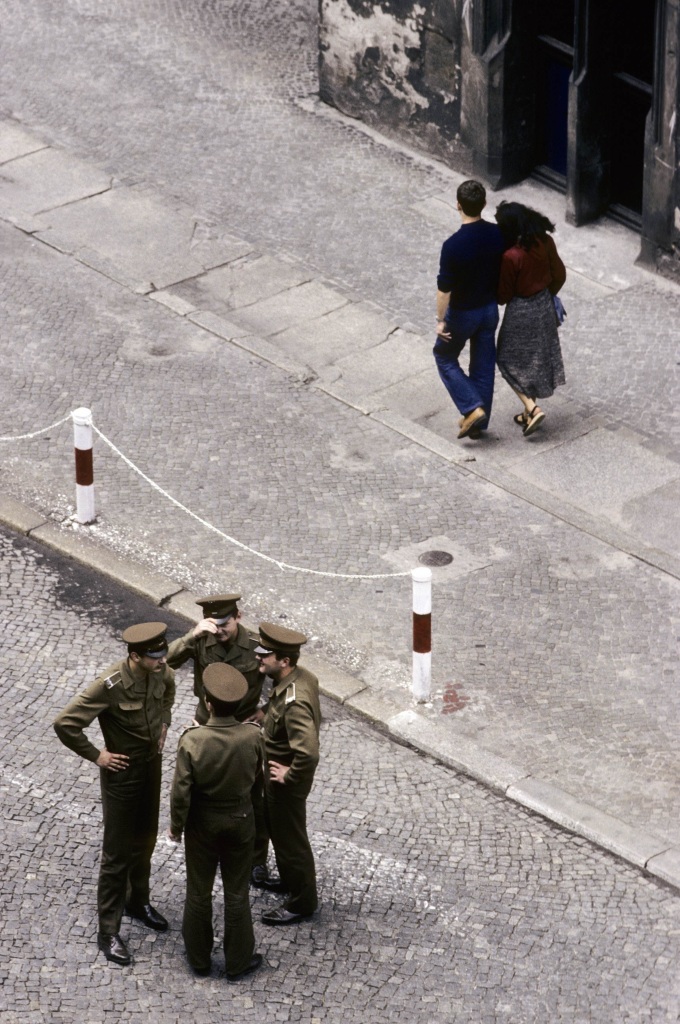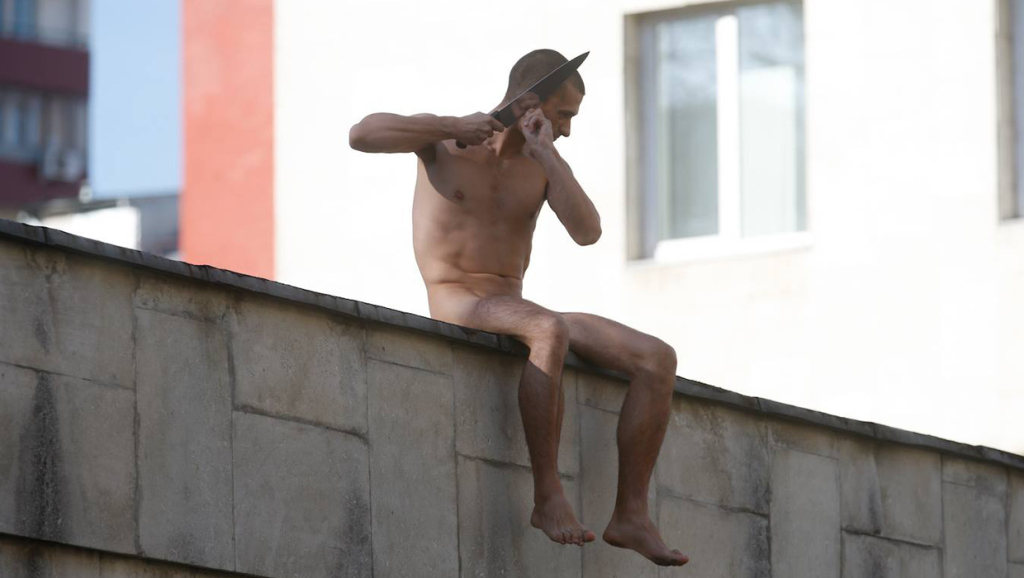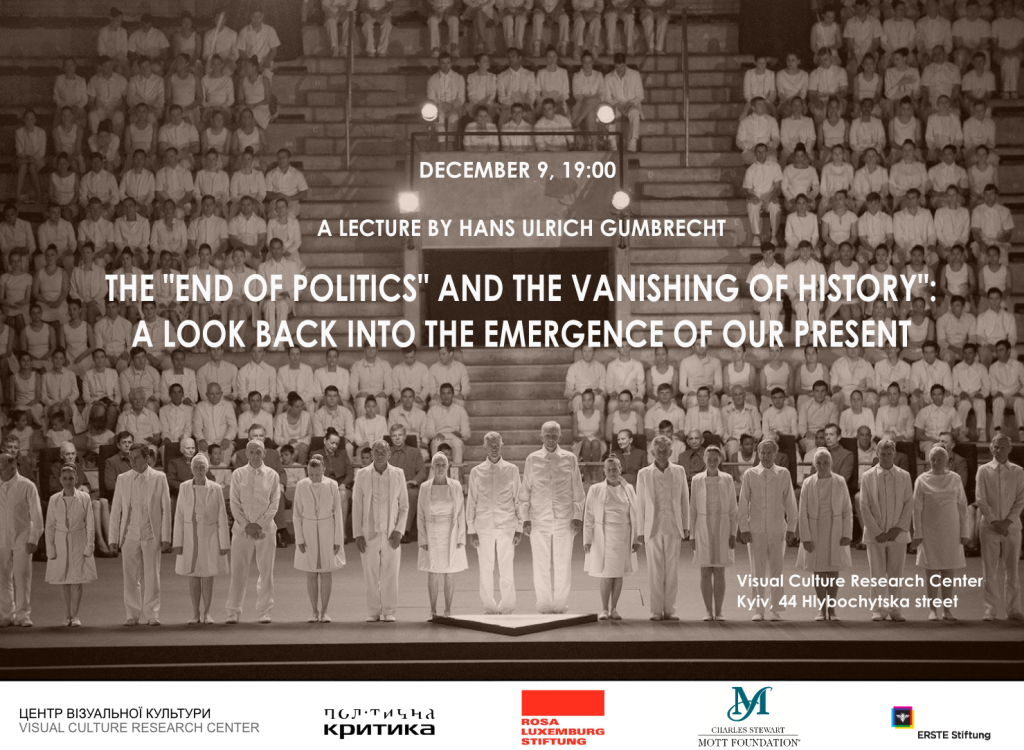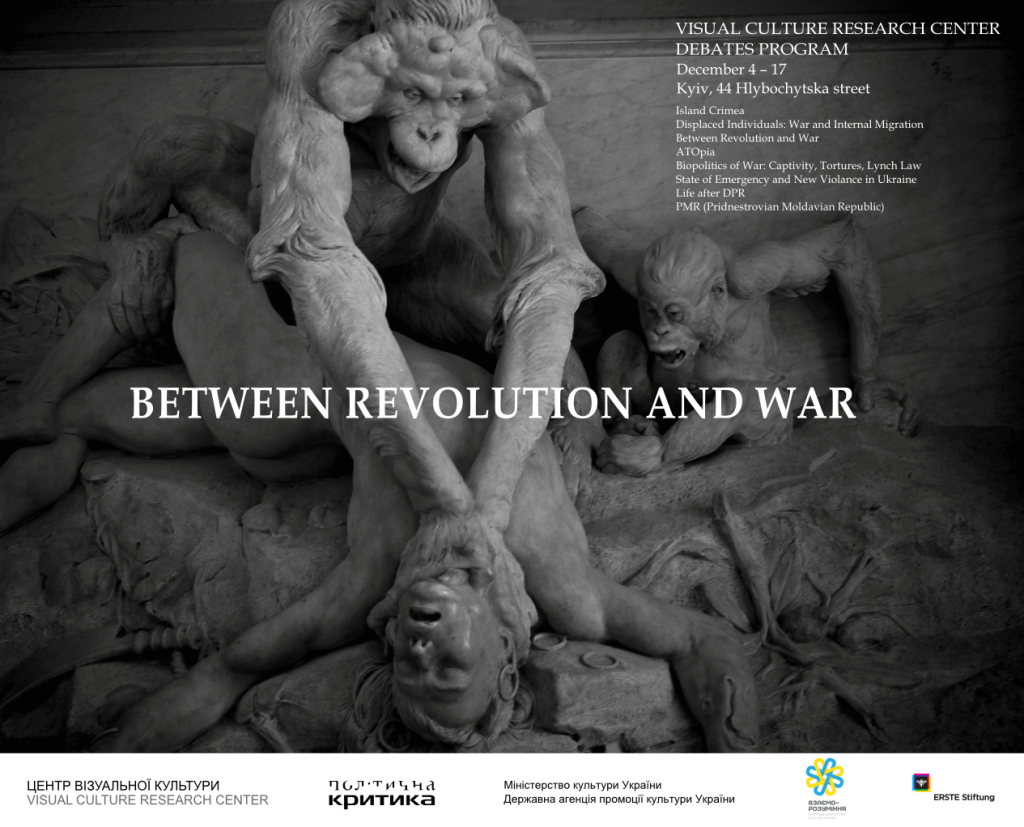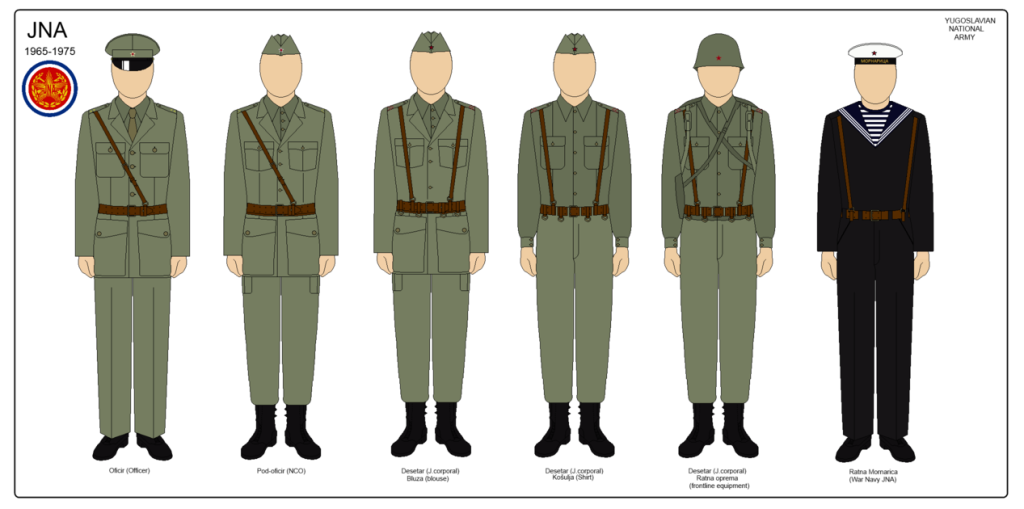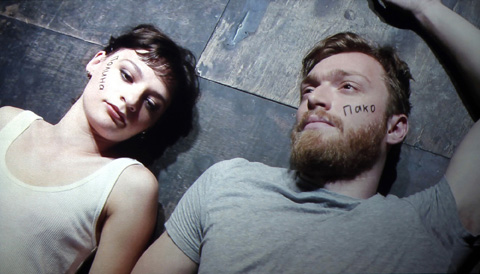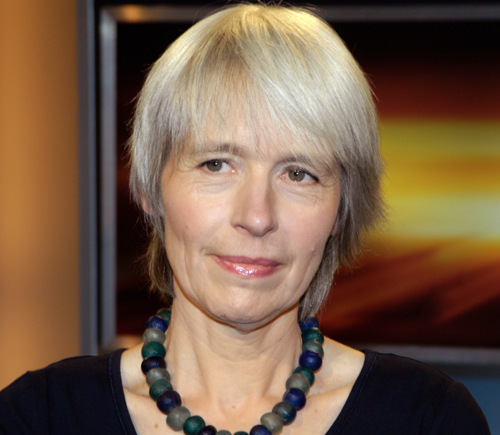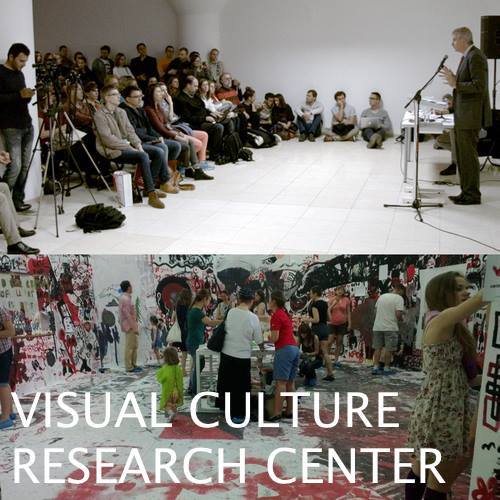Irina Zherebkina. War and Peace of Judith Butler
Saturday, December 27th, 18:00
Visual Culture Research Center (44 Hlybochytska Street, Kyiv)
Visual Culture Research Center, Political Critique, and Medusa Publishing House invite you to the presentation of gender studies anthology Image, Body, Order and to the lecture by Irina Zherebkina, which will take place on Saturday, December 27th, 18:00.
In her lecture Irina Zherebkina will consider Judith Butler’s thesis about radical equality in philosophy. The paradox of this thesis is in the fact that Butler understands radical equality not as equality of the subjects, which traditionally means equality of identities, but, to the contrary, as their inequality: after all every subject is in the state of becoming the other. It is this inequality, due to which we can speak about absolute equality in philosophy – equality of the ability of becoming the other. Zherebkina will consider polemic of Butler with Deleuze, Foucault, and Agamben concerning the questions of political struggle and political resistance under the conditions of contemporary capitalism.
The lecture will take place within the framework of presentation of gender studies anthology Image, Body, Order, published in the independent publishing house Medusa. Anthology Image, Body, Order is an interdisciplinary collection of essays on gender issues from German and English speaking worlds. The book contains articles on philosophy, economics, history of medicine, psychoanalysis, film theory, art history, and law. The collection represents texts by Judith Butler, Elfriede Jelinek, Nancy Fraser, Kristina von Braun and others.
Irina Zherebkina is the Doctor of Philosophy, Professor at Culture Theory and Philosophy of Science Department at Karazin Kharkiv National University, Director of Kharkiv Centre for Gender Studies, editor of Gender Studies journal. She is occupied with gender and feminist theory, feminist deconstruction of political anthropology of Soviet and post-Soviet societies, philosophical anthropology and contemporary political philosophy.
Admission is free
Organization partner – Medusa Publishing House
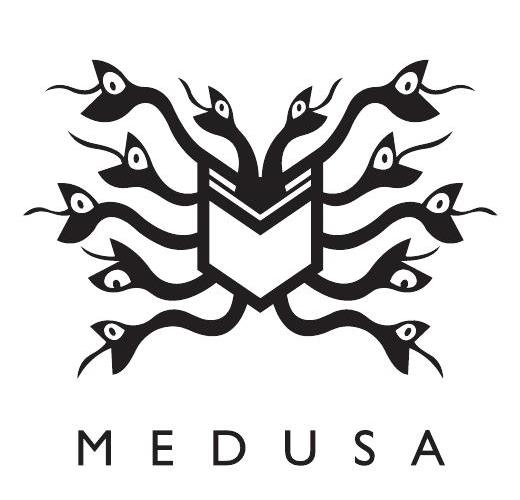
The event is supported by Heinrich Böll Foundation in Ukraine
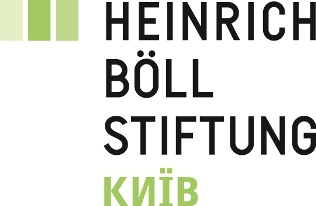
Visual Culture Research Center (VCRC) is a platform for collaboration of artists, activists and academics founded in Kyiv-Mohyla Academy in 2008. Since its inception VCRC had organized over 100 debates, conferences and research seminars, nearly 20 exhibitions and a series of street protest actions.
Contacts:
+38097 436 98 99 (Yustyna Kravchuk)
www.facebook.com/vcrc.org.ua
vcrc@vcrc.org.ua
Lecture by Ekaterina Degot: Contemporary Art and Critical Thinking
Sunday, December 21st, 18:00
Visual Culture Research Center (44 Hlybochytska Street, Kyiv)
Visual Culture Research Center and Political Critique invite you to the lecture by Ekaterina Degot, which will take place on Sunday, December 21st, at 18:00.
In summer 2014 curator and essayist Ekaterina Degot criticized system of contemporary art, which has served as shelter for critical thinking for a long time. According to Degot, association between contemporary art and critical thinking has crashed. This year’s MANIFESTA, which was held in Russia in the midst of Russian military aggression in Ukraine, is one of the symptoms of this collapse. In her lecture Ekaterina Degot will speak about the influence of oligarchic and state structures on the system of contemporary art. Proceeding from the question “what went wrong in the 1990s?”, she will analyze the influence of imperial thinking on contemporary Russian art.
Ekaterina Degot is a curator, essayist, and art historian. She is also an Artistic Director of The Academy of the Arts of the World (Cologne). Among her books: Terrorist Naturalism and Russian Art of the 20th Century. In 2013 she was a curator of the first Bergen Triennale. In 2014 she received Igor Zabel Award for Culture and Theory.
Further readings:
Ekaterina Degot. A Text That Should Never Have Been Written?
Ekaterina Degot. The List of Failures.Speech at Igor Zabel Award Ceremony.
Admission is free
The event will take place within the framework of “Between Revolution and War” project supported by Rosa Luxemburg Stiftung
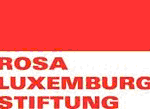
Supported by ERSTE Foundation and Charles Stewart Mott Foundation
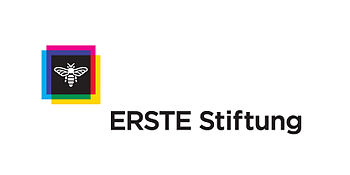
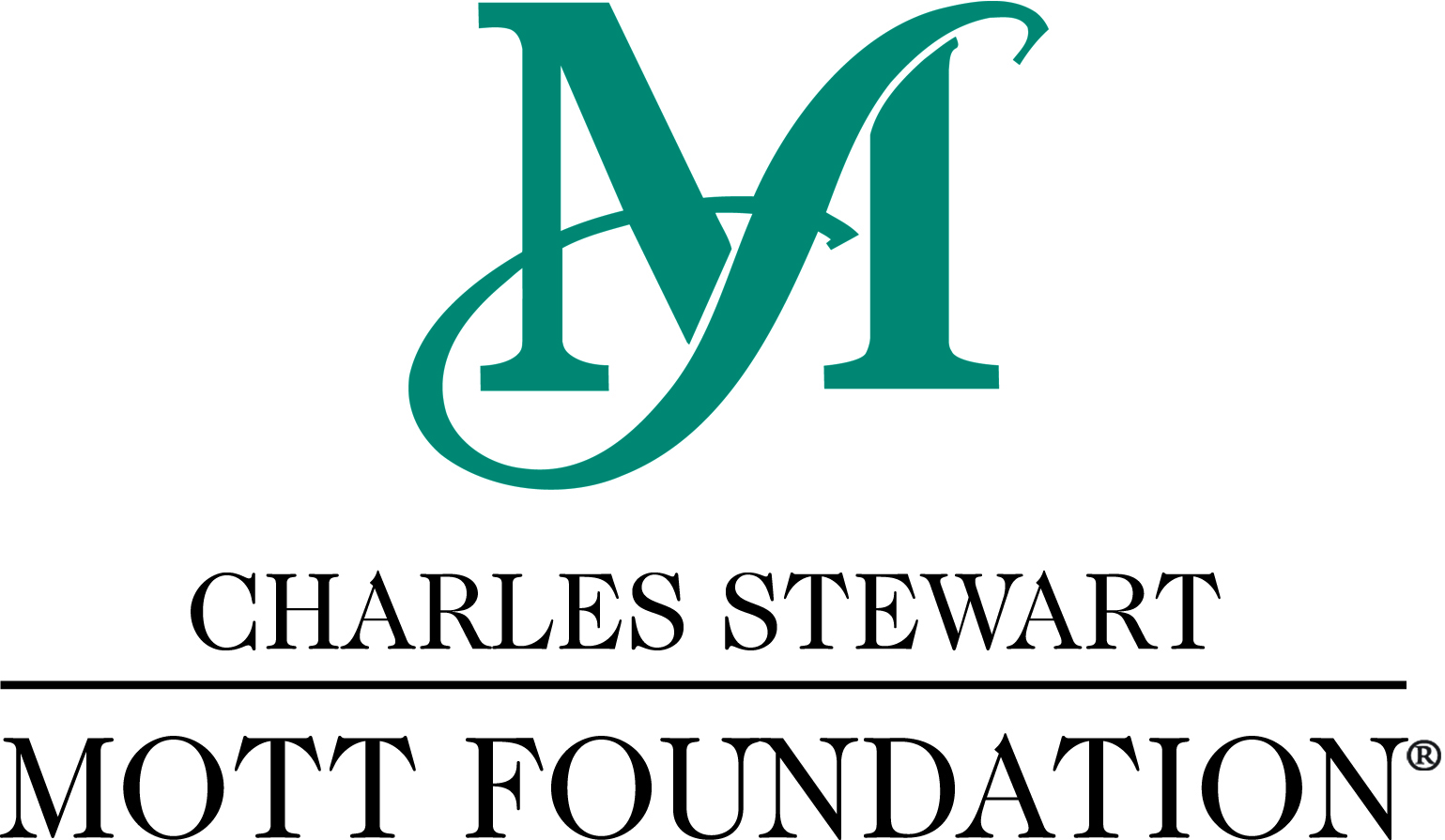
Visual Culture Research Center (VCRC) is a platform for collaboration of artists, activists and academics founded in Kyiv-Mohyla Academy in 2008. Since its inception VCRC had organized over 100 debates, conferences and research seminars, nearly 20 exhibitions and a series of street protest actions.
Contacts:
+38097 436 98 99 (Yustyna Kravchuk)
www.facebook.com/vcrc.org.ua
vcrc@vcrc.org.ua
Marci Shore. Living in Truth: Or, the Uses and Disadvantages of History for Life
Friday, December 19th, 19:00
Visual Culture Research Center (44 Hlybochytska Street, Kyiv)
Visual Culture Research Center and Political Critique invite you to the lecture by an American historian Marci Shore, which will take place on Friday, December 19th, 19:00.
In her lecture Marci Shore will return to some of the metaphysical questions about subjectivity and responsibility once posed by East European dissidents in an attempt to illuminate some of the more essential questions revealed by a wrenching past. This lecture will explore the disenchantment with post-communism, the afterlife of totalitarianism, and the dilemmas of subjectivity—for Marx, for Havel’s greengrocer and Poland’s Solidarność, and on the Maidan.
Marci Shore: “A specter is haunting Europe—the specter of communism,” Marx and Engels wrote in 1848. Over a century and a half later, communism is no less haunting as a specter from the past. For many years the communist archives played the role of the Freudian unconscious: that dark psychic closet into which everything too disturbing for the conscious mind was thrown. The process of “accounting with the past” as an attempt above all to distinguish guilt from innocence has often blinded us to the deeper and more essential questions revealed by that past.
Marci Shore is a Professor of History at Yale University. She teaches European cultural and intellectual history. She is the author of the books The Taste of Ashes: The Afterlife of Totalitarianism in Eastern Europe and Caviar and Ashes: A Warsaw Generation’s Life and Death in Marxism, 1918-1968. Currently she is at work on a book project titled “Phenomenological Encounters: Scenes from Central Europe”, in which she will explore phenomenological aspects of Maidan protest.
The lecture will be held in English
Admission is free
Visual Culture Research Center (VCRC) is a platform for collaboration of artists, activists and academics founded in Kyiv-Mohyla Academy in 2008. Since its inception VCRC had organized over 100 debates, conferences and research seminars, nearly 20 exhibitions and a series of street protest actions.
Contacts:
+38097 436 98 99 (Yustyna Kravchuk)
www.facebook.com/vcrc.org.ua
vcrc@vcrc.org.ua
Pyotr Pavlensky. Bureaucratic Convulsion: On the New Economy of Political Art
Sunday, December 14th, 18:00
Visual Culture Research Center (44 Hlybochytska Street (1st floor), Kyiv)
Visual Culture Research Center and Political Critique invite you to visit the lecture by Pyotr Pavlensky, which will take place on Sunday, December 14th, at 18:00.
Over the last few years performance artist Pyotr Pavlensky became one of the most outstanding representatives of Russian radical art, which fulfills the function of uncompromising critique of the regime, while political opposition in Russia is missing. Such public artistic actions by Pyotr Pavlensky, as Carcass, Fixation, Liberty, and Separation have shocked Russian society and questioned its ability to resist the authorities. In his lecture, Pyotr Pavlensky will speak about the artistic strategies of finding a way out in a political dead end. How to ruin the decorative superstructure, which conceals the violence of the state apparatus, with its own hands? How to use the instruments of the regime against itself?
Pyotr Pavlensky is a Russian performance artist, author of radical actions in the public space. Editor of Political Propaganda magazine and publishing house of the same name. Lives and works in Saint-Petersburg.
Admission is free
The event will take place within the framework of “Between Revolution and War” project supported by Rosa Luxemburg Stiftung

Supported by ERSTE Foundation and Charles Stewart Mott Foundation


Visual Culture Research Center (VCRC) is a platform for collaboration of artists, activists and academics founded in Kyiv-Mohyla Academy in 2008. Since its inception VCRC had organized over 100 debates, conferences and research seminars, nearly 20 exhibitions and a series of street protest actions.
Contacts:
+38097 436 98 99 (Yustyna Kravchuk)
www.facebook.com/vcrc.org.ua
vcrc@vcrc.org.ua
A lecture by Hans Ulrich Gumbrecht. The “End of Politics” and the “Vanishing of history”: A Look Back into the Emergence of Our Present
Tuesday, December 9th, 2014, 19:00
Visual Culture Research Center (44 Hlybochytska Street (1st floor), Kyiv)
Visual Culture Research Center and Political Critique invite you to the lecture by an American philosopher and cultural historian Hans Ulrich Gumbrecht, which will take place on Tuesday, December 9th, 2014, at 19:00.
The past few years have produced an increased number of events and situations suggesting that we may have arrived at a “vanishing point of history” and, therefore, at an “end of politics.” Instead of repeating the familiar argumentative turn of denying the value of such impressions and of their radical interpretation, this lecture will try to confirm and to explain the ends of history and of politics in our present, based on a historicization of the concept of “history”. It will thus arrive at a description of the present that offers fresh analytic perspectives and perhaps even some starting points for post-historical and post-political solutions of problems that we have been obsessed with for a long time.
Hans Ulrich Gumbrecht – American philosopher, cultural historian, and literary theoretician, Professor at Stanford University. He is famous for his books In 1926: Living at the Edge of Time, The Production of Presence: What Meaning Cannot Convey, and numerous texts on western philosophical tradition and history of humanities. In addition, he studies media and mass culture, aesthetics and epistemology of every-day life, histories of European literatures. His book In Praise of Athletic Beauty was published in Ukrainian.
The lecture will be held in English
Admission is free
The event will take place within the framework of “Between Revolution and War” project supported by Rosa Luxemburg Stiftung

Supported by ERSTE Foundation and Charles Stewart Mott Foundation


Visual Culture Research Center (VCRC) is a platform for collaboration of artists, activists and academics founded in Kyiv-Mohyla Academy in 2008. Since its inception VCRC had organized over 100 debates, conferences and research seminars, nearly 20 exhibitions and a series of street protest actions.
Visual Culture Research Center (44 Hlybochytska Street, Kyiv)
Contacts:
+38097 436 98 99 (Yustyna Kravchuk)
www.facebook.com/vcrc.org.ua
vcrc@vcrc.org.ua
Debates Program “Between Revolution and War”
December 4th – 17th, 2014
Visual Culture Research Center and Political Critique invite you to the series of discussions and screenings “Between Revolution and War”, which will take place from the 4th until the 16th of December, 2014.
During the situation of war conflict, when radical attitudes and hostility grow within the society and the degree of hate speech increases, there is a need for critical thinking and de-ideologized perspective on the reality. The project focuses on the functioning of public institutions in the revolutionary situation, in the conditions of war and occupation, as well as on the connections between symbolic and real violence and its influence on political processes in Ukrainian society after Maidan. Through the implementation of discursive, visual and media instruments the project opposes to the rhetoric of violence and seeks for the strategies of inclusion of emancipatory potential of Maidan into the structural changes of Ukrainian society.
December 4th, 19:00 – Island Crimea
December 5th, 19:00 – Displaced Individuals: War and Internal Migration
December 7th, 17:00 – ATOpia
December 11th, 19:00 – Biopolitics of War: Captivity, Tortures, Lynch Law
December 12th, 19:00 – Nataliya Gumenyuk. “Life after DPR”. Screening and discussion
December 13th, 17:00 – State of Emergency and New Violence in Ukraine
December 16th, 19:00 – PMR (Pridnestrovian Moldavian Republic)
December 17th, 19:00 – Between Revolution and War
Admission is free
Events will take place within the framework of “Mutual Understanding” program supported by Ministry of Culture of Ukraine and State Agency for Promotion of Culture of Ukraine
![]()
Visual Culture Research Center (VCRC) is a platform for collaboration of artists, activists and academics founded in Kyiv-Mohyla Academy in 2008. Since its inception VCRC had organized over 100 debates, conferences and research seminars, nearly 20 exhibitions and a series of street protest actions.
Visual Culture Research Center (44 Hlybochytska Street, Kyiv)
Contacts:
+38097 436 98 99 (Yustyna Kravchuk)
https://www.facebook.com/vcrc.org.ua
vcrc@vcrc.org.ua
Boris Buden. Some Parallels between the Violent Breakup of Yugoslavia and Today’s Ukrainian Crisis
Saturday, November 29th, 16:00 – 21:00
Visual Culture Research Center (44 Hlybochytska Street (1st floor), Kyiv)
Visual Culture Research Center and Political Critique invite you to the workshop and lecture by a writer Boris Buden (Berlin), who will talk about the war and the collapse of Yugoslavia in the 1990s in the light of the current Ukrainian crisis.
On the 29th of December, at 19:00 Boris Buden will deliver a lecture on topic “Europe in Translation: The Limits of a Promise”:
“To fulfill the ideal of unity in its linguistic praxis, the European Union has developed a politics of translation that is based on the principle of equality among all its languages regardless of their cultural importance or size. Yet when it comes to its outer limits this politics turns into its opposite, creating inequalities and violently disrupting existing linguistic continuities. Where is the problem? In the concept of translation!”
Admission is free
On the 29th of November, at 16:00 Boris Buden will also hold a workshop on topic “Some parallels between the violent breakup of Yugoslavia and today’s Ukrainian crisis”:
“History never repeats but sometimes a comparison of two events separated by decades discloses remarkable similarities and continuities: falling apart of a society along cultural divides, mobilization of the past in current struggles, the promise of European integration, irreversibility of violent transformations, etc. What Giorgio Agamben argued about the dissolution of Yugoslavia seems to fully apply to what is taking place today in Ukraine: there will never be a return to normality and restoration of the old social contract. Instead, a violently created state of exception will turn into a permanent condition and even spread all over the globe”.
Recommended readings:
James Graham: The Violent Breakup of Yugoslavia
http://www.historyorb.com/europe/yugoslavia.php
Boris Buden: Saving Private Havel (1999).
Boris Buden: Red Velvet, in Manifesta Journal 18
http://www.manifestajournal.org/issues/situation-never-leaves-our-waking-thoughts-long/red-velvet
To participate in the workshop, you should register by e-mail: vcrc@vcrc.org.ua.
Boris Buden – writer, critic, translator. He received his PhD in Cultural Theory from Humboldt University of Berlin. Member of the Institute for Progressive Cultural Policies (Vienna). His book Zone of Transition: On the End of Post-communism was published in Ukrainian.
The event will take place within the framework of “Between Revolution and War” project with support from Rosa Luxemburg Stiftung (Germany)

With support from ERSTE Foundation (Austria)

Contacts:
+38 096 492 96 00 (Natalia Neshevets)
www.facebook.com/vcrc.org.ua
vcrc.org.ua
vcrc@vcrc.org.ua
Love Machines: Keti Chukhrov Will Present Her New Film in Kyiv
Thursday, November 27th, 19:00
Visual Culture Research Center (44 Hlybochytska Street (1st floor), Kyiv)
Visual Culture Research Center and Political Critique invite you to the meeting with a poet and playwright Keti Chukhrov (Moscow), who will present her new film Love Machines on Thursday, November 27th at 19:00.
In 2013 Keti Chukhrov created her first film Love Machines based on the same-name play. Keti Chukhrov calls her film, which was shot in the stylistics of television spectacle, “one of the possible stagings of the original play”. The film Love Machines examines a shift of contemporary culture towards post-human condition with its negation of human community, love, solidarity, grief, and other forms of collective sensibility. An artist Arseniy Zhilyaev (Moscow) and poet Dina Gatina (Saint-Petersburg) play main parts in the film.
Keti Chukhrov – poet, playwright, essayist. She has authored numerous plays, as well as publications on philosophy and art theory. Among her books – To Be and to Perform. The Concept of “Theatre” in Philosophical Criticism of Art (2011), Just People (2010). Doctor of Philosophy, Professor at the Department of Art History at the Russian State University for the Humanities. Head of the Research and Information Department at the State Center for Contemporary Art (Moscow).
After the screening a discussion with the author will take place (moderation – Oleksiy Radynski).
Admission is free
ATTENTION! Seats are limited
The event will take place within the framework of “Between Revolution and War” project with support from Rosa Luxemburg Stiftung (Germany)

With support from ERSTE Foundation (Austria)

Contacts:
+38 067 442 23 89 (Oleksiy Radynski)
www.facebook.com/vcrc.org.ua
vcrc.org.ua
vcrc@vcrc.org.ua
Katharina Raabe. End of the “Deep Concern”: Ukrainian Topic in Germany
Saturday, November 22nd, 2014, 18:00
Visual Culture Research Center (44 Hlybochytska Street (1st floor), Kyiv)
End of the “Deep Concern”:
Ukrainian Topic in Germany
Meeting with the editor of Suhrkamp publishing house Katharina Raabe
Visual Culture Research Center and Political Critique invite you to the meeting with German author and publisher Katharina Raabe, which will take place on Saturday, November 22nd at 18:00.
Events of the last year in Ukraine have influenced political consensus of Europe, as well as its intellectual life. In Germany, whose humanitarian politics is largely focused on the Eastern Europe, appeared public intellectuals, who “understand Putin”, on the one hand, and “discoverers of Ukraine” – on the other. In German public sphere “Ukrainian crisis” became not only subject to numerous media debates and political speculations, but also reason for redefining the experience of division, “reunion”, revolution, and civil resistance, particularly, in the context of recent 25th Anniversary of the Fall of the Berlin Wall. How does Ukraine arise in the German intellectual and media discourses? Who are Ukrainian public intellectuals in Germany? Which narratives are dominant in the public sphere?
Katharina Raabe – editor of one of the biggest German publishing houses Suhrkamp. In 2007 Katharina Raabe, who revealed Yuriy Andrukhovych, Serhij Zhadan, Lyubko Deresh, and Katia Petrovska to the German speaking world, received Order of Merit of the Federal Republic of Germany for her promotion of Eastern European literature in Germany. Besides numerous publications of Ukrainian authors, Katharina’s newest book is “Euromaidan: What is at Stake in Ukraine”. At the moment she works on the book “Ukraine, Russia, and Europe”.
Visual Culture Research Center (VCRC) was founded in 2008 for the purpose of creating the interdisciplinary platform for analysis of the Ukrainian post Soviet condition at the intersection of art, knowledge, and politics. Since its inception VCRC has organized over 150 debates, conferences and seminars with the participation of Ukrainian and international researchers, as well as nearly 20 art exhibitions.
Visual Culture Research Center (44 Hlybochytska Street, Kyiv)
Admission is free
Organization partner – Krytyka Polityczna
Visual Culture Research Center works with support from ERSTE Foundation (Austria)
Information partner:
Contacts:
+38097 436 98 99 (Yustyna Kravchuk)
vcrc@vcrc.org.ua
www.facebook.com/vcrc.org.ua
Visual Culture Research Center has Received an Award from European Cultural Foundation
Amsterdam, Wednesday 12 November 2014
2015 ECF Princess Margriet Award goes to courageous cultural initiatives in Greece and Ukraine.
The European Cultural Foundation (ECF) is proud to announce the ECF Princess Margriet Award laureates for 2015 – the Athens Biennale (Athens, Greece) and the Visual Culture Research Center (Kiev, Ukraine).
The Award jury agreed unanimously to give the 2015 edition of the ECF Princess Margriet Award to these two courageous cultural initiatives based in Athens and Kiev. The Award, which will be presented on 31 March 2015 in Brussels, and includes a sum of €25,000 for each laureate.
The new ECF Princess Margriet Award laureates have been chosen for their work building on the public sphere, creating sorely needed open space for artistic imagination.
By choosing to honour these two laureates, ECF is sending a strong signal for the future of independent cultural initiatives in wider Europe that are showing us how transformative culture can be, even in the most challenging political and economic circumstances.
“Their commitment to nurturing a vibrant and inclusive environment involves a broader public in cultural participation and underscores the pivotal role that culture plays in the democratic development of Europe’s communities.” — Katherine Watson, Director ECF
Athens Biennale, Greece
The Athens Biennale has re-imagined the model of the biennale as a space for cultural debate and grassroots organising in contemporary Greece. It has reinvented the art biennale as a structure that enables new forms of solidarity between local and international cultural communities and wider civic engagement. The most recent biennale in 2013 was organised in the format of an Agora, which in ancient times referred to a gathering space that had overlapping social, business and political uses. The biennale took an innovative collective curatorial approach that breaks radically from a consumer-oriented model of exhibition-making. Faced with severe funding, the Athens biennale proves the power of self-organisation and building common ground through culture.
Visual Culture Research Center, Ukraine
The Visual Culture Research Center was founded in the Ukraine capital of Kiev in 2008 as a platform for collaboration between academics, artists and activists. The centre is an interdisciplinary meeting ground for social activism and progressive artistic programming that is making an unprecedented contribution to the shaping of cultural production and debate in Kiev and across the Ukraine and the region. Led by a dynamic and engaged group, the centre succeeds in connecting diverse Ukrainian and international audiences to develop a more complex understanding of how art and critical cultural thinking can equip us with the skills of open-mindedness and a powerful imagination – skills that are so vital to progressive democratic society.
“From Europe’s most fragile borders, facing unforeseeable futures, Visual Culture Research Center and Athens Biennale courageously show us how culture can be a means of solidarity and common ground that create tangible alternatives to the economic and political conflicts of our time.”— Chris Dercon, Jury member, Director, Tate Modern
About the ECF Princesss Margriet Award
Ranging from the late UK cultural theorist Stuart Hall to Italian collective Teatro Valle Occupato, previous laureates of the ECF Princess Margriet Award have inspired viable change in the way citizens engage with Europe as a shared cultural space.
The ECF Princess Margriet Award was initiated by ECF in 2008 and named after the foundation’s former President Princess Margriet of the Netherlands. It was established in partnership with the Dutch Ministry of Education, Culture and Science and the Dutch Ministry of Foreign Affairs.
Note to editors
For more information: http://www.culturalfoundation.eu/pma
About the European Cultural Foundation (ECF)
ECF has been a staunch supporter of culture in Europe for the past 60 years, believing that culture engages people and can inspire them to solicit new approaches to established concepts of democracy. As the organisation celebrates its 60th anniversary this year, it considers the power of culture to be an essential component in the creation of a more open and inclusive Europe. In her capacity as ECF’s President, HRH Princess Laurentien of the Netherlands is an active proponent of ECF’s mission.
http://www.culturalfoundation.eu
Contact
Rosa Koenen | Communications Officer | European Cultural Foundation |
Jan van Goyenkade 5, 1075 HN Amsterdam | +31 20 573 38 68 |
r.koenen@culturalfoundation.eu

